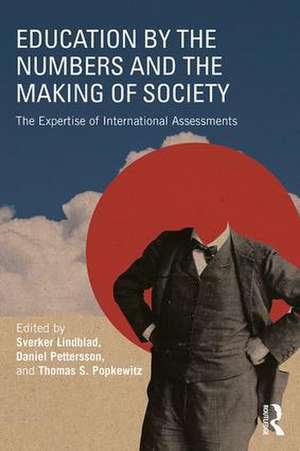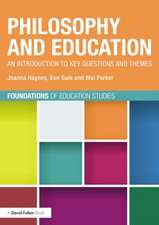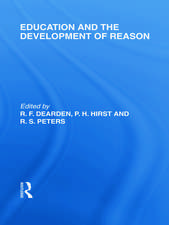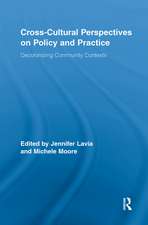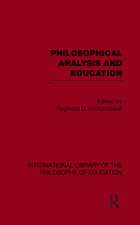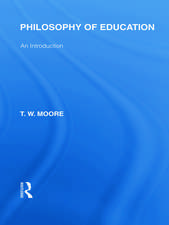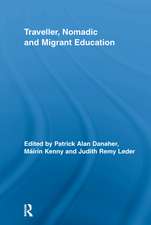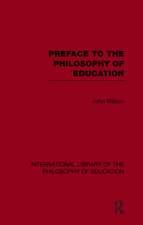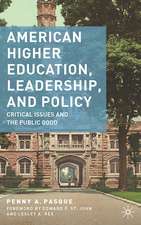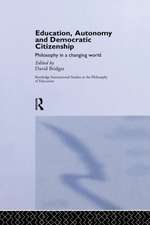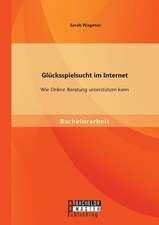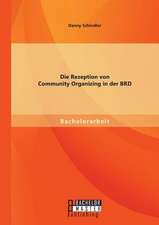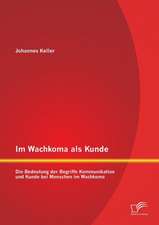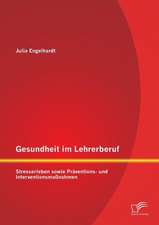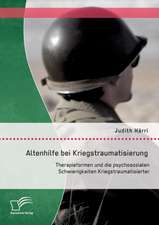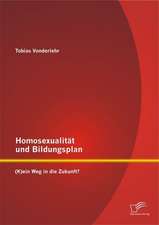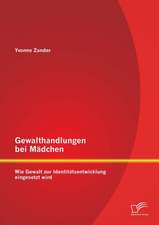Education by the Numbers and the Making of Society: The Expertise of International Assessments
Editat de Sverker Lindblad, Daniel Pettersson, Thomas S. Popkewitzen Limba Engleză Paperback – 9 apr 2018
| Toate formatele și edițiile | Preț | Express |
|---|---|---|
| Paperback (1) | 385.54 lei 6-8 săpt. | |
| Taylor & Francis – 9 apr 2018 | 385.54 lei 6-8 săpt. | |
| Hardback (1) | 1002.63 lei 6-8 săpt. | |
| Taylor & Francis – 29 mar 2018 | 1002.63 lei 6-8 săpt. |
Preț: 385.54 lei
Nou
Puncte Express: 578
Preț estimativ în valută:
73.78€ • 80.12$ • 61.98£
73.78€ • 80.12$ • 61.98£
Carte tipărită la comandă
Livrare economică 23 aprilie-07 mai
Preluare comenzi: 021 569.72.76
Specificații
ISBN-13: 9781138295834
ISBN-10: 1138295833
Pagini: 258
Ilustrații: 6 Tables, black and white
Dimensiuni: 152 x 229 x 14 mm
Greutate: 0.36 kg
Ediția:1
Editura: Taylor & Francis
Colecția Routledge
Locul publicării:Oxford, United Kingdom
ISBN-10: 1138295833
Pagini: 258
Ilustrații: 6 Tables, black and white
Dimensiuni: 152 x 229 x 14 mm
Greutate: 0.36 kg
Ediția:1
Editura: Taylor & Francis
Colecția Routledge
Locul publicării:Oxford, United Kingdom
Public țintă
Postgraduate and UndergraduateCuprins
1. Getting the Numbers Right: An Introduction, Sverker Lindblad, Daniel Pettersson, and Thomas S. Popkewitz
SECTION I Numbers: A History of a Style of Reasoning
2. Politics by the Numbers, Theodore M. Porter
3. On the Contest of Lists and Their Governing Capacities: How ‘Tax Havens’ Became ‘Secrecy Jurisdictions’, Hans Krause Hansen and Anne Vestergaard
4. Time, Drawing, Testing: The Making Up of the Developmental Child and the Measuring of the Nation’s Development, Catarina S. Martins
5. And the World Has Finally Been Made to Measure, Barbara Czarniawska
SECTION II The Field of Making of Data: Problematics of Assessment
6. Producing the ‘Right Kind of People’: The OECD Education Indicators in the 1960s, Regula Bürgi and Daniel Tröhler
7. Standards: Normative, Interpretative, and Performative, Radhika Gorur
8. International Assessments and Its Expertise Fabricating Expert Knowledge for Policy, Luis Miguel Carvalho
9. The Implications of Understanding That PISA Is Simply Another Standardized Achievement Test, David C. Berliner
SECTION III Large-Scale Assessment as the Production of Numbers
10. PISA as a Social Media Event: Powering the ‘Logics of Competition’, Miguel A. Pereyra, Antonio Luzón, Mónica Torres, and Daniel Torres-Salinas
11. Who Governs the Numbers?: The Framing of Educational Knowledge by TIMSS Research, Christina Elde Mølstad and Daniel Pettersson
12. OECD as a Site of Coproduction: The European Education Governance and the New Politics of ‘Policy Mobilization’, Sotiria Grek
SECTION IV The Dissolution of the Science/Society Distinction
13. Statistics Reasoning, Governing Education and Making Differences as Kinds of People, Thomas S. Popkewitz and Sverker Lindblad
14. Anticipating the Future Society: The Cultural Inscription of Numbers and International Large-Scale Assessment, Thomas S. Popkewitz
SECTION I Numbers: A History of a Style of Reasoning
2. Politics by the Numbers, Theodore M. Porter
3. On the Contest of Lists and Their Governing Capacities: How ‘Tax Havens’ Became ‘Secrecy Jurisdictions’, Hans Krause Hansen and Anne Vestergaard
4. Time, Drawing, Testing: The Making Up of the Developmental Child and the Measuring of the Nation’s Development, Catarina S. Martins
5. And the World Has Finally Been Made to Measure, Barbara Czarniawska
SECTION II The Field of Making of Data: Problematics of Assessment
6. Producing the ‘Right Kind of People’: The OECD Education Indicators in the 1960s, Regula Bürgi and Daniel Tröhler
7. Standards: Normative, Interpretative, and Performative, Radhika Gorur
8. International Assessments and Its Expertise Fabricating Expert Knowledge for Policy, Luis Miguel Carvalho
9. The Implications of Understanding That PISA Is Simply Another Standardized Achievement Test, David C. Berliner
SECTION III Large-Scale Assessment as the Production of Numbers
10. PISA as a Social Media Event: Powering the ‘Logics of Competition’, Miguel A. Pereyra, Antonio Luzón, Mónica Torres, and Daniel Torres-Salinas
11. Who Governs the Numbers?: The Framing of Educational Knowledge by TIMSS Research, Christina Elde Mølstad and Daniel Pettersson
12. OECD as a Site of Coproduction: The European Education Governance and the New Politics of ‘Policy Mobilization’, Sotiria Grek
SECTION IV The Dissolution of the Science/Society Distinction
13. Statistics Reasoning, Governing Education and Making Differences as Kinds of People, Thomas S. Popkewitz and Sverker Lindblad
14. Anticipating the Future Society: The Cultural Inscription of Numbers and International Large-Scale Assessment, Thomas S. Popkewitz
Notă biografică
Sverker Lindblad is Professor of Education and Special Education at the University of Gothenburg, Sweden.
Daniel Pettersson is Associate Professor at the University of Gävle and Uppsala University, Sweden.
Thomas S. Popkewitz is Professor of Curriculum and Instruction at the University of Wisconsin–Madison, USA.
Daniel Pettersson is Associate Professor at the University of Gävle and Uppsala University, Sweden.
Thomas S. Popkewitz is Professor of Curriculum and Instruction at the University of Wisconsin–Madison, USA.
Descriere
Demonstrating how numbers serve as ‘rationales’ to shape and fashion social issues, this text opens new avenues for thinking about institutional and epistemological factors that produce and shape educational policy, research, and schooling in transnational contexts.
